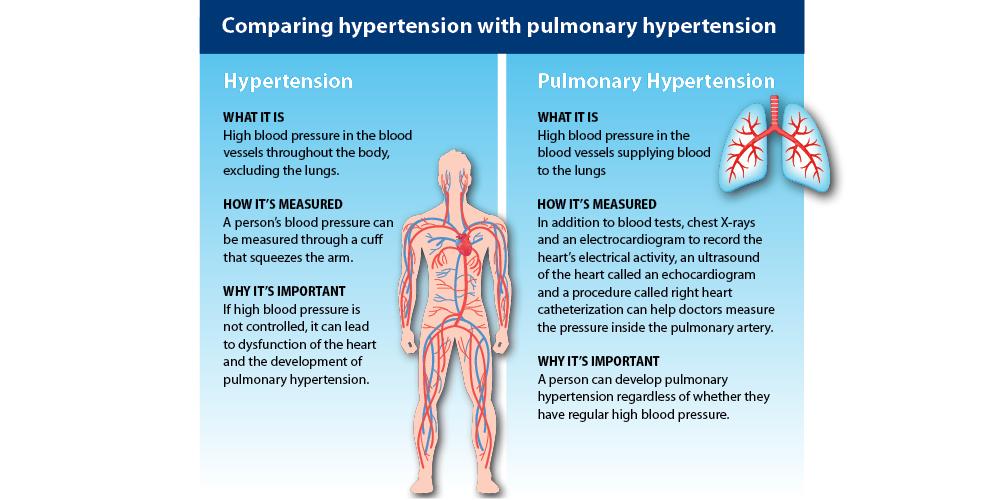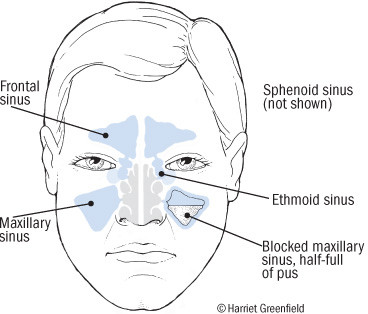Chest pain is a common ailment that can stem from various causes, ranging from non-serious to life-threatening conditions. It is often perceived as a sharp, dull, or pressure-like sensation in the chest area. This discomfort might also be accompanied by symptoms such as pain in the shoulder, arm, upper abdomen, or jaw, along with nausea, sweating, or shortness of breath.
Understanding the nature of chest pain is crucial for determining its cause. For instance, pain in a diffuse area, including a constant pain in the middle of the chest, or pain that extends to the left arm, neck, jaw, or back, may indicate a heart-related issue. On the other hand, pain that is brief, localized, triggered by eating or movement, and doesn’t worsen with exercise is likely unrelated to the heart.
In some cases, musculoskeletal issues, such as inflammation or injury to the muscles or bones of the chest wall, could be the cause. Conditions like arthritis or fibromyalgia, or certain rashes like herpes zoster, can also lead to chest pain localized to the skin. Lung-related causes such as pneumonia or pleurisy (inflammation of the lining of the lungs) are other potential factors.
Thoracic Outlet Syndrome (TOS) is another condition to consider. TOS can cause a combination of pain, weakness, numbness, tingling, sensation of coldness, or a general feeling of discomfort in the upper body, affecting the arms, hands, armpits, upper back, neck, and pectoral area of the chest.
Neck pain, while often not serious, can also be a red flag for more severe conditions. A cervical artery dissection, for instance, presents with unusual, persistent neck pain, often accompanied by a severe headache. The pain from a carotid artery tear often spreads along the side of the neck and up toward the outer corner of the eye. If you experience neck pain along with chest pain or pressure, immediate medical attention is advised as it could signal a heart attack or inflamed heart muscle.

It’s essential to recognize when chest pain warrants immediate medical attention. Symptoms such as difficulty breathing, a cold sweat, sudden nausea, feeling weak, faint, or dizzy are critical signs. If chest pain is accompanied by these symptoms, calling 911 or seeking emergency medical care is crucial.
For more in-depth information, you can read further at Harvard Health, Harvard Health, Harvard Health, HSS, and The Ohio State University Wexner Medical Center.


